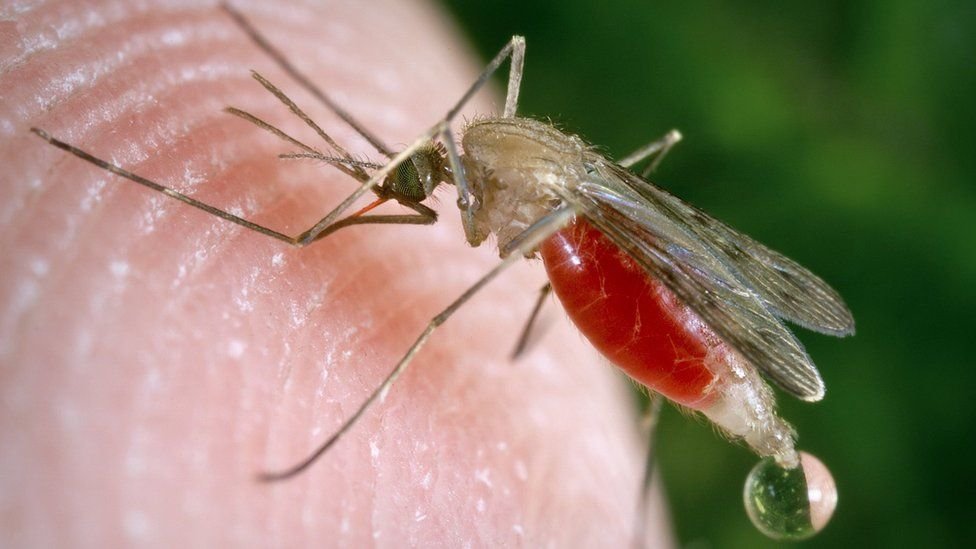Zimbabwe is grappling with a sharp resurgence of malaria following a significant drop in international aid, particularly after the withdrawal of U.S funding Health experts have raised the alarm, citing a dramatic increase in infections and fatalities across the country in 2025, with fears that ongoing national response efforts could be severely undermined According to the Ministry of Health, the number of malaria infections surged by 180% in the first four months of 2025, while related deaths jumped by 218% compared to the same period last year
Over 119,000 cases were reported between January and June, with at least 143 fatalities, up from 45 during the same period in 2024 Health officials reported the emergence of 115 malaria outbreak hotspots this year—an alarming contrast to just one outbreak recorded in all of 2024 Impact of U.S Funding Withdrawal
The resurgence coincides with the suspension of key U.S
financial assistance under a policy shift initiated by former President Donald Trump, who earlier this year halted funding for several global health programmes, including malaria and HIV/AIDS initiatives Experts say the funding cut has disrupted critical scientific research, interrupted mosquito control programmes, and delayed national malaria prevention campaigns The absence of U.S support is also affecting basic prevention tools such as insecticide-treated mosquito nets and essential medicines
“It’s a serious setback,” said Itai Rusike, director of the Community Working Group on Health at Zimbabwe’s Ministry of Health “The country had made tremendous progress over the past two decades, but all of that is now at risk.”
Rusike warned that without adequate supplies of mosquito nets and preventive drugs, especially for pregnant women and young children, the number of infections and fatalities will likely continue to climb “Lives will be lost When diagnostic kits and frontline treatments are unavailable, the system collapses,” he added
Shortage of Nets and Medical Supplies
In May, the Ministry of Health launched a campaign to distribute over 1.6 million insecticide-treated mosquito nets However, officials acknowledged a shortfall of at least 600,000 nets due to the funding freeze This gap is particularly concerning given that bed nets remain one of the most cost-effective tools in malaria prevention Children under the age of 15 account for a significant proportion of the affected population, representing nearly 14% of all reported cases, according to government data
Road to 2030: Struggling to Stay on Track
Zimbabwe is among several African Union member states committed to eliminating malaria by 2030 The country’s national strategy includes increasing public awareness, widespread distribution of treated mosquito nets, indoor spraying, and enhancing surveillance systems However, health officials admit the funding shortfall has disrupted the roadmap toward malaria eradication Former Health Minister Dr
Henry Madzorera stressed the need for mobilising domestic resources, saying Zimbabwe must rely less on external donors “We need to increase health sector allocations, use existing tax revenues more efficiently, and prioritise domestic financing to safeguard our health goals,” he said Source: NewZimbabwe
All Zim News
All Zim News is a central hub for all things Zimbabwean, curating news from across the country so no story is missed Alongside aggregation, our team of nationwide reporters provides real-time, on-the-ground coverage
Stay informed and connected — reach us at admin@allzimnews.com.
Source: Newzimbabwe
